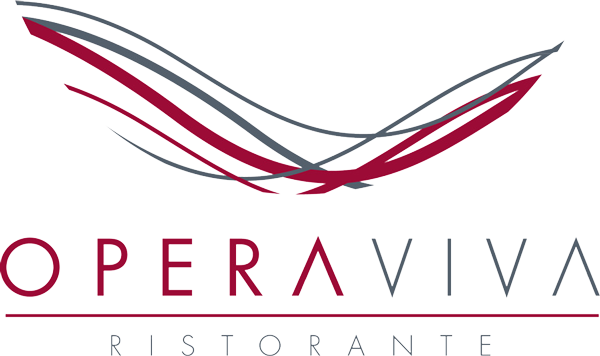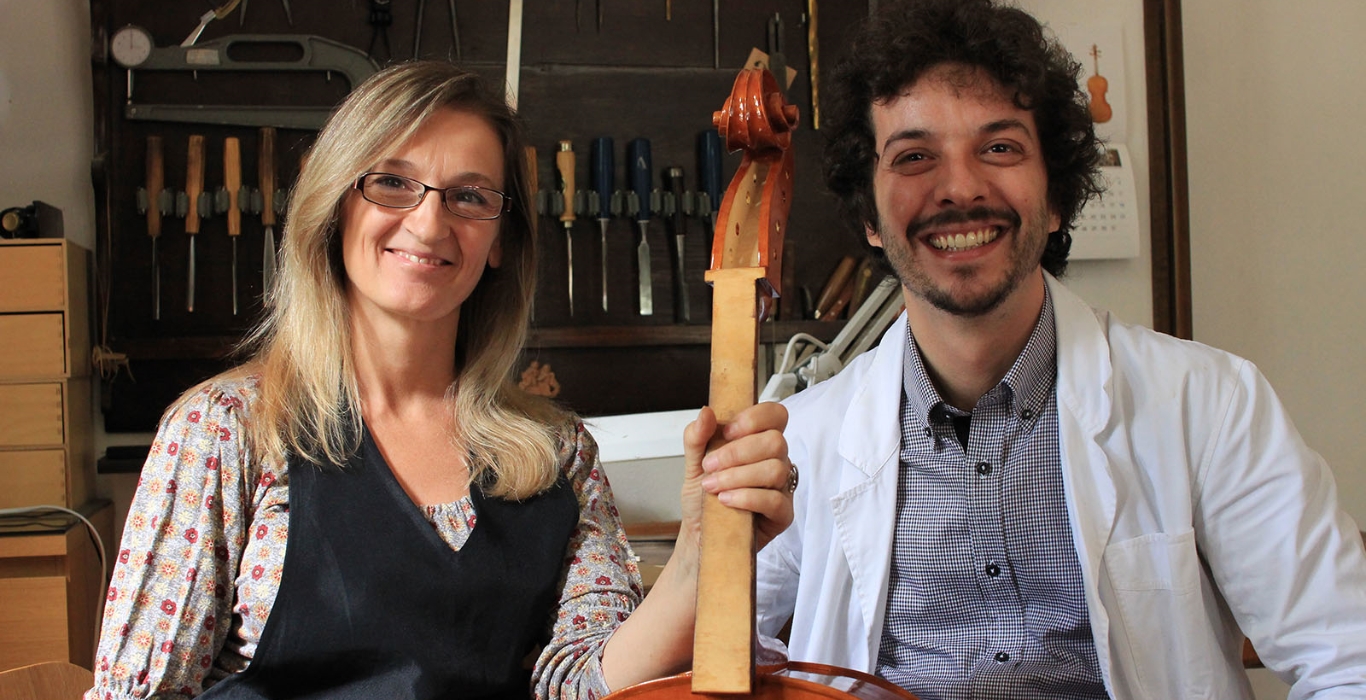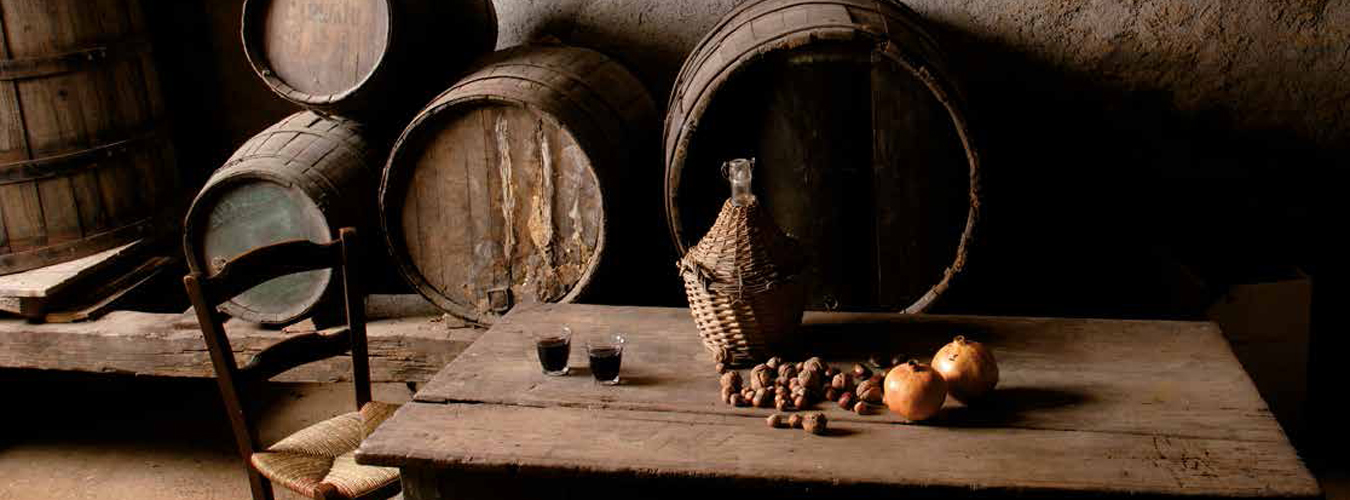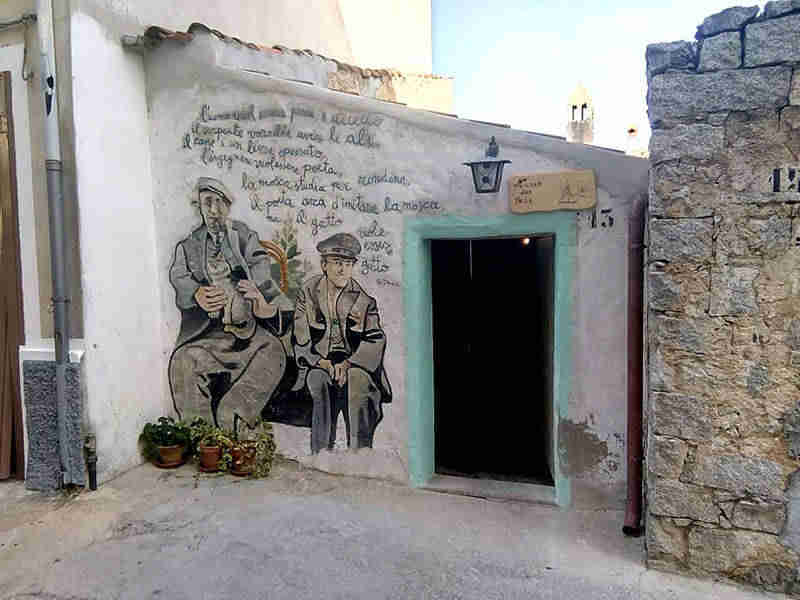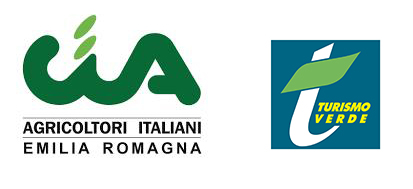
Operaviva
Makemeitaly.it chose Opera Viva because of:
- Identity
- The ethical choice and its research of tradions history
- The present and the place
- Bound to the territory
IDENTITY
Operaviva is “gastronomic culture and art” conceived by Emilio Restori, a doctor with a boundless passion for food, a dream realized 8 years ago together with his wife Betty. This combination has become a profound, stimulating and passionate cultural message. At the basis of Operaviva’s identity are not recipes, but research. Historical, environmental, artistic and territorial research.
THE ETHICAL CHOICE
The ethical choice is not an option, but it is part of our identity, it lies in thinking about people’s health, avoiding poisoning them with synthetic products, with burnt oils and butter, with a lack of balance in carbohydrates, with dyes, dextrose and similar substances, or with wines distorted by chemistry. We try to make customers happy, to stimulate them, to intrigue them, and feed them, not poison them.
The ethical choice is based on the environment, the territory and seasonality. We respect the territory, we respect organic and non-destructive cultivations, we respect the cycles of the seasons, we respect the work of those who live and work the land every day.
THE PRESENT AND THE PLACE
The Po, the Ligurian Sea, the Via Emilia, the Via Francigena, the Garda lake, these are the places in the history of our gastronomic culture, it is all here, and we just have to communicate it with the heart in the past and the overlook to the present and the future.
Fish? Meat? Pasta? Vegan? Fusion? It is not the dish that creates the identity of the restaurant, but the opposite.
The territory, its farmers, fishermen, breeders, cheesemakers are at the base, historical and cultural research ennobles their products and our cuisine creates gastronomic experiences from this synthesis.
PIAZZALE INZANI is THE Piazzale, it is the heart of historic, popular, dynamic, lively Parma. The heart of the anti-fascist barricades, the place where Parma discovers what “multi-ethnic” means.
Pizzale Inzani is not an address but it is part of the soul of Operaviva, it is a piece of its identity.
Operaviva stands on the site of one of the most important Parma’s trattorias ever, one of those that made the history of that “typical” that exalted the city’s gastronomy. This too, after all, is part of the venue.
TERRITORY AND FOOD
Originally, the food in Parma and its region was the child of the Po river. Cereals and rice were the basis of the inhabitants’ daily diet.
The Po provided fish of all kinds, and we remember that humanity has fed mainly on fish for millennia.
Then cabbage, eggs, chestnuts, and a few simple vegetables, “stracco” (tired, from poor milking) milk cheeses. Rarely meat, never noble cheeses such as Parmesan nor cured meats, the prerogative of the nobles.
Going up the mountain, sheep meat, some farmyard animals.
Egg pasta did not exist on Parma tables until the advent of Maria Luigia.
This is what the territory offered, and then there was the trade:
From Genoa and Venice came stockfish and cod, which represented a fundamental food for centuries and centuries. From Genova also blue fish came: anchovies, sardines, tuna, mackerel, which were processed and preserved in Parma, and poor fish such as mullet, which were simple to preserve.
From the silk route came spices, which we must imagine on the tables of nobles and the rich in general.
The mix between fruit and savory existed, it is not the result of nouvelle cuisine. It certainly existed, and almost all the dishes, especially meat ones, had a sweet component.
So where are the anolini, the tortelli, the ham, the veal tip? Like all recipes, these too are children of their time, they mark a historical moment, and have commonly been chosen as a symbol of Parma gastronomy. For example, tortelli and anolini did not exist before Maria Luigia.
In reality, “tradition” and “typical” lie more in agricultural production than in the recipes that we consider typical, which in reality are the result of centuries of contamination. Nutrition and cuisine evolve with society, and the agricultural roots of each territory give us the possibility of reworking the path of gastronomy.
The history of food must be studied based on the territory and commercial routes, and Operaviva’s work is based on this research, far from the typical but linked to the history of the territory.
Culture must be understood as tradition and contamination, this is Piazzale Inzani, and this must be Operaviva.

